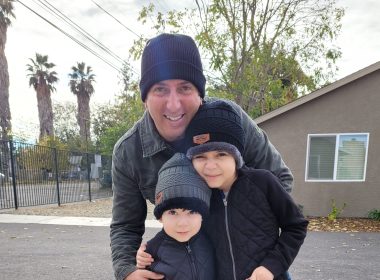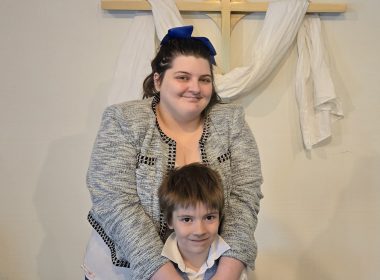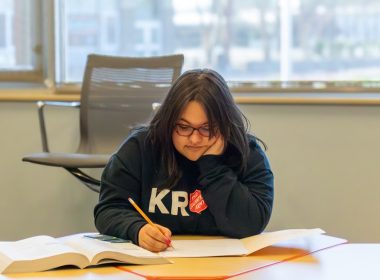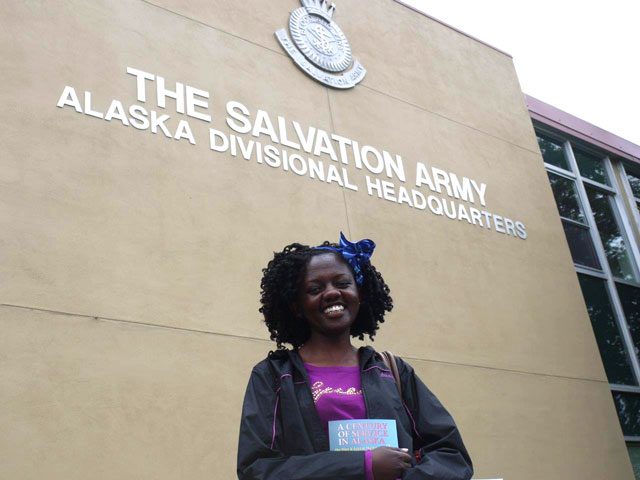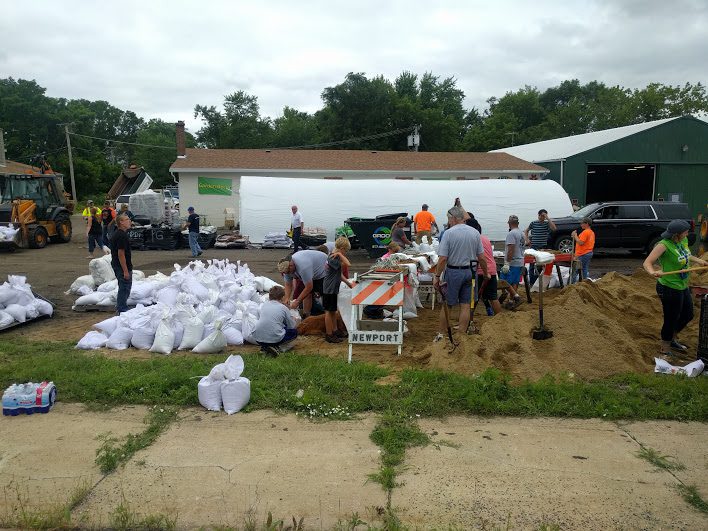Many envision stopping an addiction as if it only takes a few quick steps, but it is more like stopping a train.
Similar to an addiction, a train does not stop as soon as the brakes are applied. The stopping time and distance are dependent upon the amount of freight—or emotional baggage.
I liken recovery to totally stopping the train in one direction and starting it up again in the opposite direction. Ending a gambling addiction takes abstinence, supportive people and many changed behaviors for a long period of time.
Our culture is quick and impetuous, but recovery takes time and diligence. The 12 step programs offer medallions of encouragement at the first meeting, at subsequent days—15, 30, 60, 90, 180—and then each year thereafter. More frequent rewards are given in the beginning because it is the more difficult period of reversing the direction of the train and getting “up to speed” in the opposite direction.
Four effective gambling treatment techniques were detailed in “Cognitive-Behavioral Therapy for Pathological Gamblers” in the Journal of Consulting and Clinical Psychology. First, although it may seem obvious, effective gambling treatment reinforces non-gambling. Abstinence from gambling is the preferred goal, and if there is a “lapse” we should encourage the individual to “sound the horn” and get headed in the right direction as soon as possible.
Second, human beings are “herders” and we survive and function better with the help of others. From an evolutionary standpoint, we survived because supportive humans, for example, helped fight off the lion or threat. There is evidence that when people “herd,” the individuals in the group secrete serotonin, which helps calm the person and aids in concentration and avoiding impulsiveness. A support group empathizes with human pain and can offer a safe and nurturing place to deal with feelings and issues. Studies have shown how contagious a smile or act of kindness can be. Gamblers Anonymous, Celebrate Recovery, and Smart Recovery are all helpful groups that utilize sponsorship, steps, service, and giving “therapy” at meetings to help gamblers with their daily commitment.
Family support, compassion and patience can help with the impulsive urges. Professional therapy helps with decision making, communication and dealing with unresolved feelings. Making healthy, safe and positive choices in early recovery builds confidence. Having a child, pet or supportive family to come home to is a great incentive to encourage the gambling addict to go straight home rather than stop at the casino or old hang out.
A third technique is to have someone to help monitor finances. It is risky for gamblers to have access to too much money. Similarly, most would agree that it is ludicrous for a newly sober alcoholic to have alcohol or cocaine in his pocket. Professional counseling facilitates communication and negotiation between the gambler and his or her family to help monitor financial resources. One recovering gambler might contract to entrust his paycheck and ATM card to his spouse while he only carries $40 cash and a gas card. Another might hire an accountant or financial advisor.
Of the many possible techniques, I focus on a fourth treatment technique: stress management. Gamblers often need help in reducing stress to assertively tell their gambling aunt not to visit, confront a co-worker, have a Gamblers Anonymous Pressure Relief meeting, or tell a spouse about a debt. Gamblers, who often struggle with trust, still need help with decision making, relaxation, and perhaps systematic desensitization. Their emotional and physical health is often in shambles, and they may need encouragement to see a physician, monitor “awfulizing” thoughts, choose healthier nutrition, and expand their exercise program.
Family members of disordered gamblers can be codependent and passively dependent or gamblers themselves. Treatment for them may necessitate crisis management and direction along with support groups like Gam-Anon and Codependents Anonymous. Monitoring for safety may be necessary, yet their involvement with the gambler in treatment doubles the gamblers’ recovery rates according to studies.
Remember that it takes time to stop the train of problem gambling, reverse direction and move down the tracks of recovery.

